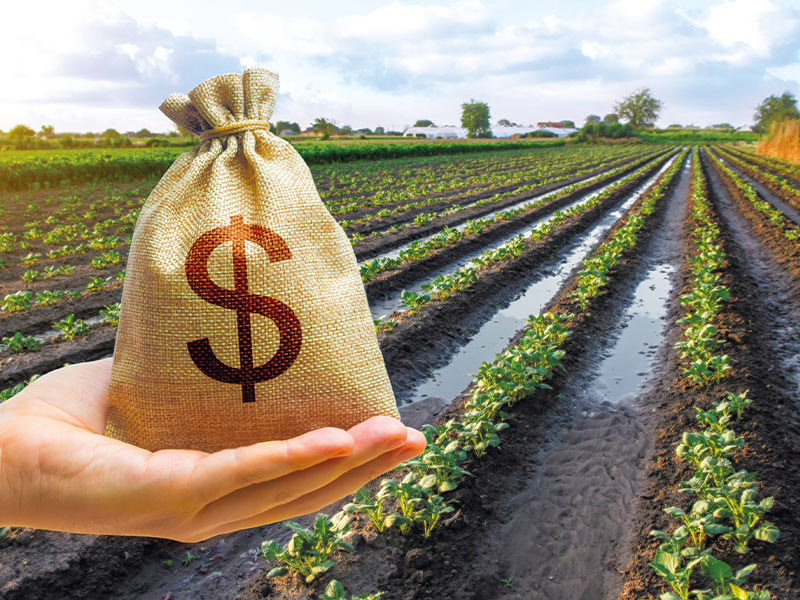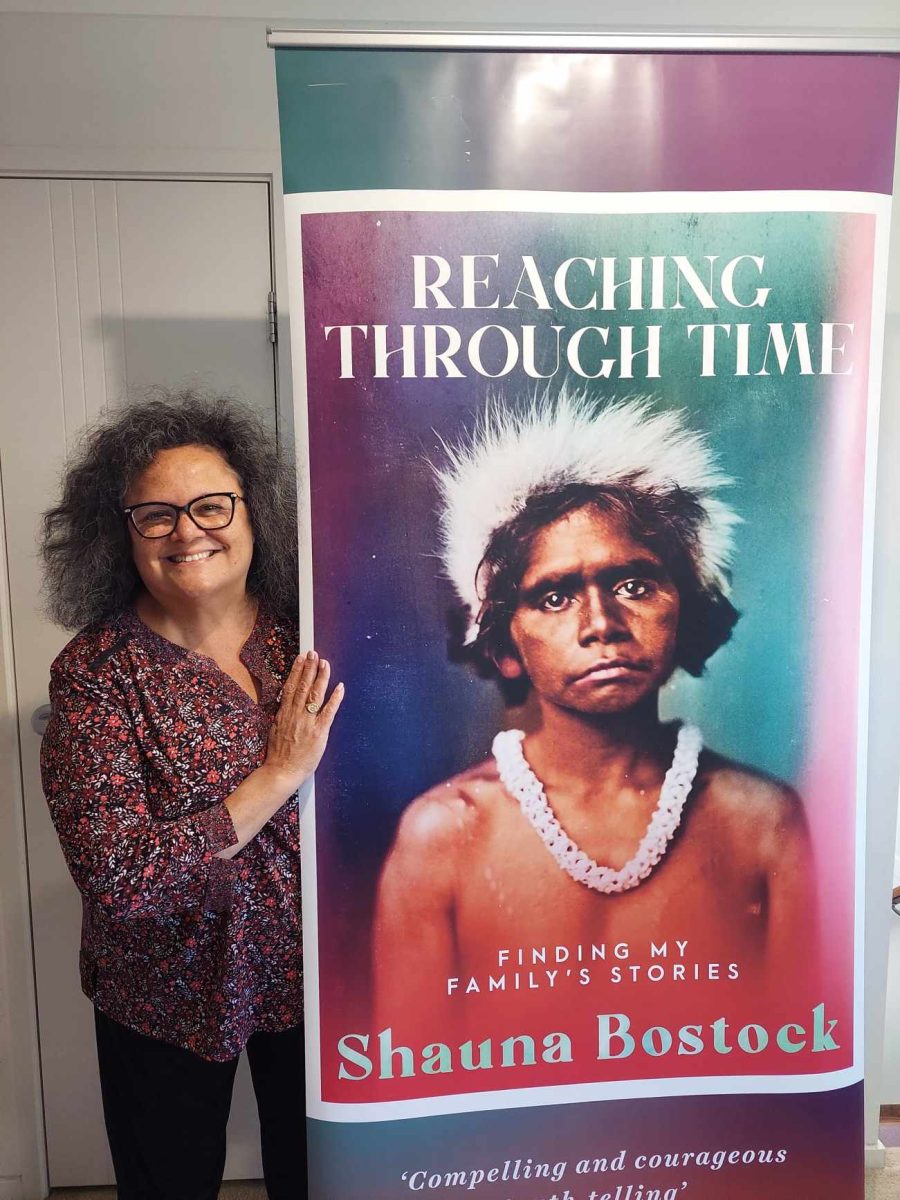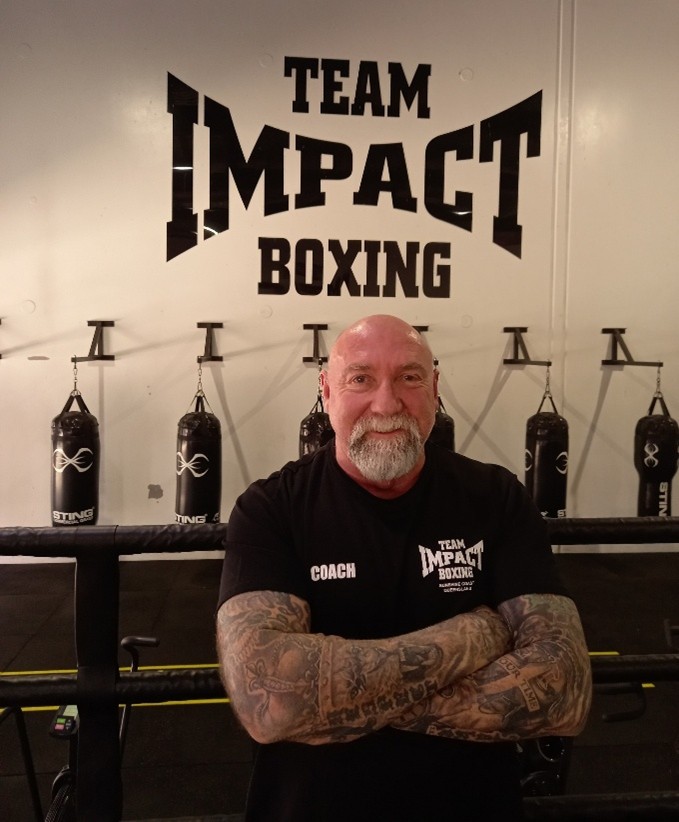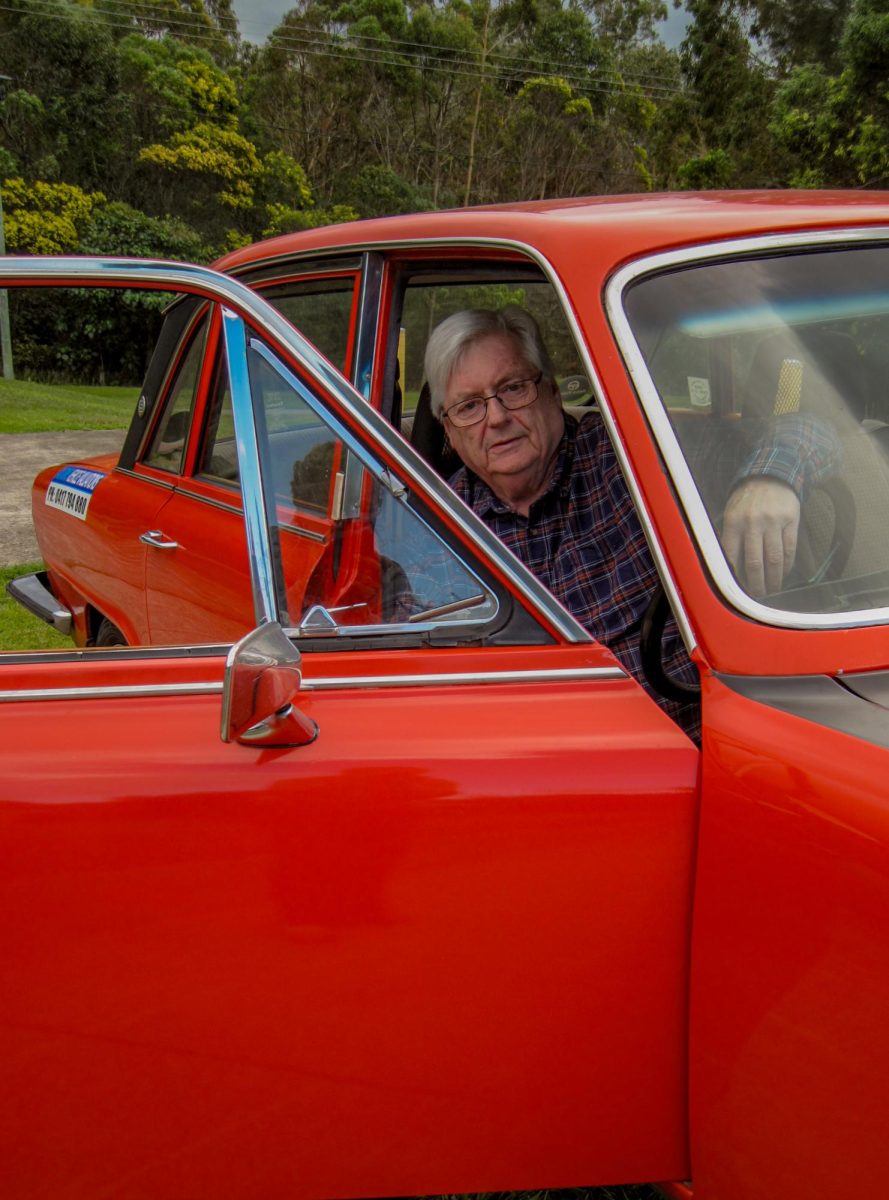“Cultivation of the mind is as necessary as food to the body.” Cicero puts it so beautifully, so truly. To get a good education is like getting a good breakfast: no one can start without it.
In Queensland, some children are going without breakfast. Some students are finding the joys of education to instead be a nightmare. These students are like phantoms in the wind; many are drifting lifelessly through school and ignore schoolwork.
These students find no purpose, no reason to engage, causing the word routine to become foreign to their tongues. All this does is make school an even more Herculean task to slog through. What is to blame for this?
Lasting effects of covid
Pomona State School principal Alyson Covey and Noosa District State High School psychologist Kara Child are witnesses to this slothfulness infecting parts of their schools.
“It’s probably what’s been magnified through the covid era,” Covey says. “We’ve noticed a real void with children having any resilience.” She takes a drink as she talks, as if tasting the problems personally.
“When the children were not coming to school and in that social environment, their parents, their families were unable to connect with other people,” Covey says. “That’s had a huge impact on the mental health of not only our students, but their parents.”
The events of the 2020s are a monster with many different tendrils. With these tendrils, it tore apart some family units. The old, cosy and supportive environment began to evaporate.
This ideal home environment makes learning a priority and supports concepts introduced at school. In these environments, children thrive.
“When they are getting home, the value of the family sitting down and doing homework is a priority,” Covey says. “Because that routine that is established in prep sets that child up with consistency, sets that child as they move through the levels.”
But without an intact family unit, education becomes alien to the children. “They don’t want to come to school,” Covey says. “They want to avoid what is making them feel uncomfortable.”
The transition into high school then becomes like plunging into a deep, murky ocean, with students sinking as the workloads of high school crash down repeatedly. The Youth Survey Report 2024 says that 45 per cent of youths say that study and school are the biggest personal challenges.

Child says there is a reduction in self-worth and self-esteem that it can create anxiety over not achieving, or anxiety around what is it that the students are going to do when they leave school. As she speaks, there is an incessant buzzing in the background. The room is hot, like it too has nerves to hide.
“The intensity of fears for the future increases with social media. They’re always looking at things,” Child says. “Unfortunately, the way that the AI and the algorithms are programmed you’ve got to be very careful what it is that you actually search up.”
It is another tendril, a gateway that exposes the students to the hateful reality. “The housing crisis we are experiencing at the moment, the cost-of-living pressures that are on families as well,” Child says. “You know, I talk to a lot of young people and a lot of them are losing hope in the future.”
Cost of living increases impact education
The economic woes of Queensland are another tendril of the monster. The Queensland Council of Social Service’s Report for Living Affordability in Queensland 2024 shows that while earnings grew in the first two years after COVID, inflation climbing faster. The report reveals the blood chilling statistic that housing was the largest contributor to inflation, causing a horrific rise in rent in 2024.
“We have a lot of families now who are single parents, and they are doing it tough,” Covey says. “They are having to work, you know, really long hours have got the financial means to pay the rent, put food on the table, keep the lights on, pay the water bill.”
Covey sees that on top of all this they have to manage getting the children to school. This tendril opens the cracks in the household left by the COVID lockdown, plunging the children further into the depressive abyss.
Covey says that having a steady parent is important for the child’s day-to-day functioning. “If you don’t have a parent in the home to ensure those needs of the children, especially young children, are met, it can have a huge detrimental impact on the children,” Covey says.
Tough decisions with tight budgets
The economic situation is not just affecting families but is also eating away at schools’ funding like a swarm of locusts. Pomona State School does what it can, but it doesn’t always have the resources to meet every need.

“For example, there is a student wellbeing program that the Department has funded for a period of three years, which for our school means that we have access to a psychologist to provide therapy for students,” Covey says. “However, due to the nature of the program, there seems to be a fairly high turnover of psychologists.
“We currently don’t have a psychologist, because they can receive renumeration in the private sector that is far greater than what the state education system is providing them.”
Covey chops on the table with her hand, empathising what the school could do with more funding.
“If we had smaller class sizes, if we had more teacher aid hours to provide more individualised support to kids to be able to nurture them and help develop them as younger people,” she says.
It seems that the government is listening. The Better and Fairer Schools Agreement 2025-2034, a joint agreement between Commonwealth and state governments to create a fairer funding system, will inject $16.5 billion into public education.
This gives at least some support for students to shake off the tendrils of disengagement.
To quote Aristotle, the roots of education are bitter, but the fruit is sweet.















